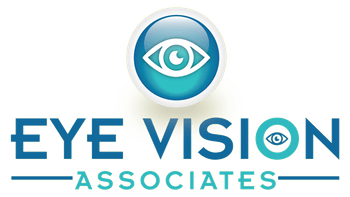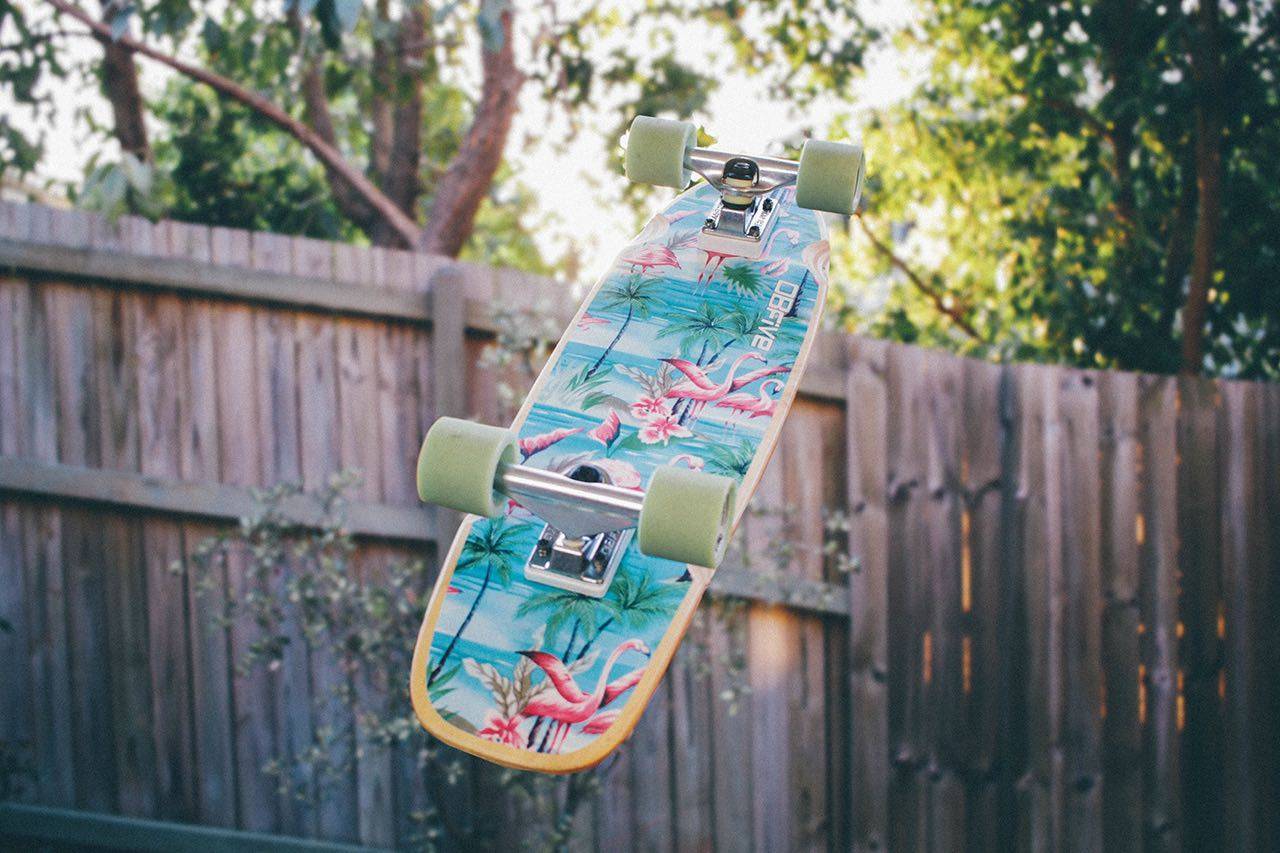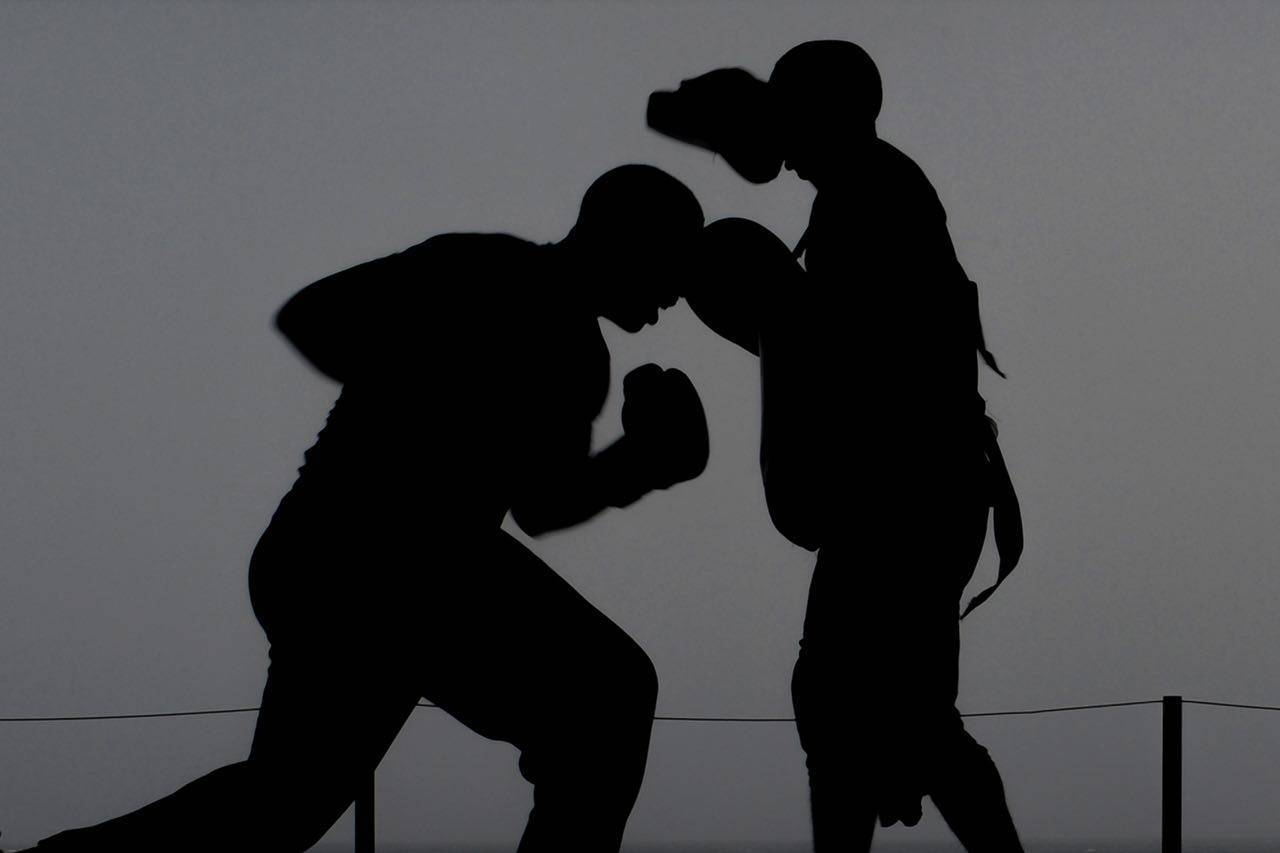
Vision Therapy For Brain Injury: Neuro-Optometric Rehabilitative Therapy At Eye Vision Associates In Nesconset, New York
Contrary to what you might think, it is the brain, and not the eyes, that is the key to seeing well. Your vision is really the sum total of how your brain receives visual information and then interprets and processes that information to permit you to see. The accuracy of that process depends on a healthy brain correctly going about this processing.
There are many potential causes of brain injuries that can result in vision problems.
Our Neuro Optometrist Can Help With
Types Of Vision Problems Resulting From A Brain Injury
Problems such as these can drastically affect day to day functioning even at the most basic levels. It’s only once such vision problems are addressed that the victim of a brain injury can get the most out of other treatments such as physical, occupational, and cognitive therapies.
Three Main Types Of Vision Loss From Brain Injuries
The vision problems highlighted above can be broken down into three main areas of vision problems. Your Eye Vision Associates Developmental Optometrist utilizing Vision Therapy techniques can help with each of these Vision Loss problems:





